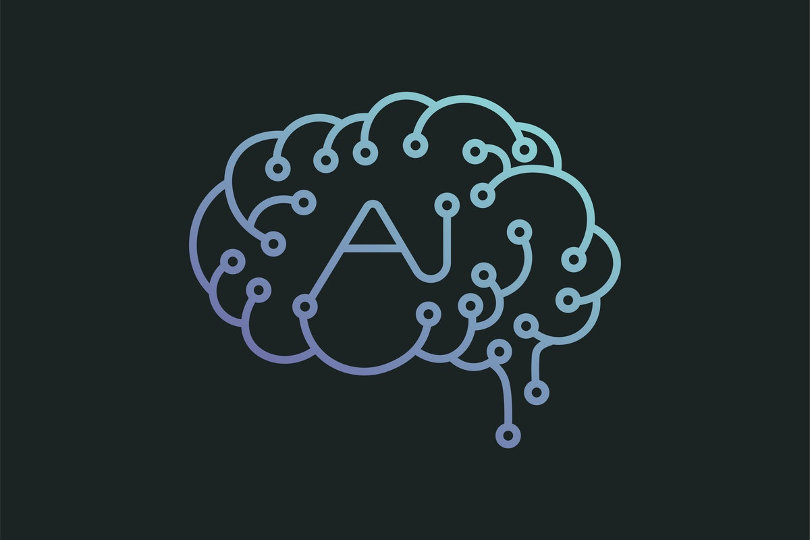Artificial intelligence (AI) has the potential to revolutionize – even disrupt – small businesses in numerous ways.
Indeed, some see AI as a threat, arguing that it could lead to job displacement and make it harder for small businesses to compete with larger ones. Others see AI as an opportunity, believing it can help small businesses streamline their operations, reduce costs, and improve their products and services.
One example is ChatGPT, which has taken the business world by storm. Some business owners shared how the ‘free trial’ AI tool helps their business in becoming more productive – much more, to be exact. On the other hand, some business owners are feeling threatened by the capability of such AI tools in rendering their business virtually obsolete.
In this article, we’ll explore both sides of the argument and consider whether AI is a threat or opportunity to small businesses.
![]()
AI: Friend or Foe?
To be honest with you, I’m feeling intimidated. A little bit. But also compelled to what AI can bring to my business. Let me explain.
There is no denying that AI has the potential to disrupt the job market and make certain jobs obsolete. This is especially true in industries where tasks are routine and can be easily automated. For small businesses, the loss of key employees to automation could be devastating, especially if they are unable to find qualified replacements or retrain their current staff. In addition, the upfront costs of implementing AI systems can be steep, which may be a barrier for small businesses with limited resources.
On the other hand, AI has the potential to greatly benefit small businesses in a number of ways. For starters, AI can help small businesses streamline their operations by automating mundane tasks, freeing up employees to focus on more important and value-added work. This can improve efficiency, reduce costs, and ultimately boost the bottom line. For example, a small retailer might use AI to automate inventory management, allowing employees to spend more time interacting with customers and improving the overall shopping experience.
AI can also help small businesses improve their products and services by providing valuable insights and data. For example, a small restaurant might use AI to analyze customer feedback and make recommendations for menu improvements. Similarly, a small manufacturer might use AI to optimize production processes, leading to higher quality products and increased customer satisfaction.
Another way that AI can benefit small businesses is by providing access to new markets and customers. With the help of AI, small businesses can target and personalize their marketing efforts, reaching potential customers that they might not have been able to reach before. In addition, AI can help small businesses better understand and predict customer behavior, allowing them to tailor their products and services to meet the needs of their target audience.

Despite the potential benefits of AI, there are still valid concerns about its impact on small businesses. Some experts argue that AI could widen the gap between large and small businesses, as larger firms are more likely to have the resources and expertise to effectively implement AI systems. This could lead to a further concentration of power and wealth in the hands of a few large firms, to the detriment of small businesses.
Another concern is that AI could lead to job displacement and inequality, as certain jobs and industries are more vulnerable to automation than others. This could disproportionately impact small businesses, which often rely on a narrow range of skills and expertise. It’s important for small businesses to be proactive in identifying the potential risks and opportunities of AI, and to take steps to ensure that their employees are prepared for the changing job market.

To Conclude…
In conclusion, AI is both a threat and an opportunity for small businesses. While it has the potential to disrupt the job market and make certain tasks obsolete, it can also help small businesses streamline their operations, reduce costs, and improve their products and services.
It’s important for small businesses to be aware of the potential risks and benefits of AI, and to take a proactive approach to adopting and implementing it. By doing so, they can position themselves to take advantage of the many opportunities that AI has to offer, while minimizing the potential risks.



